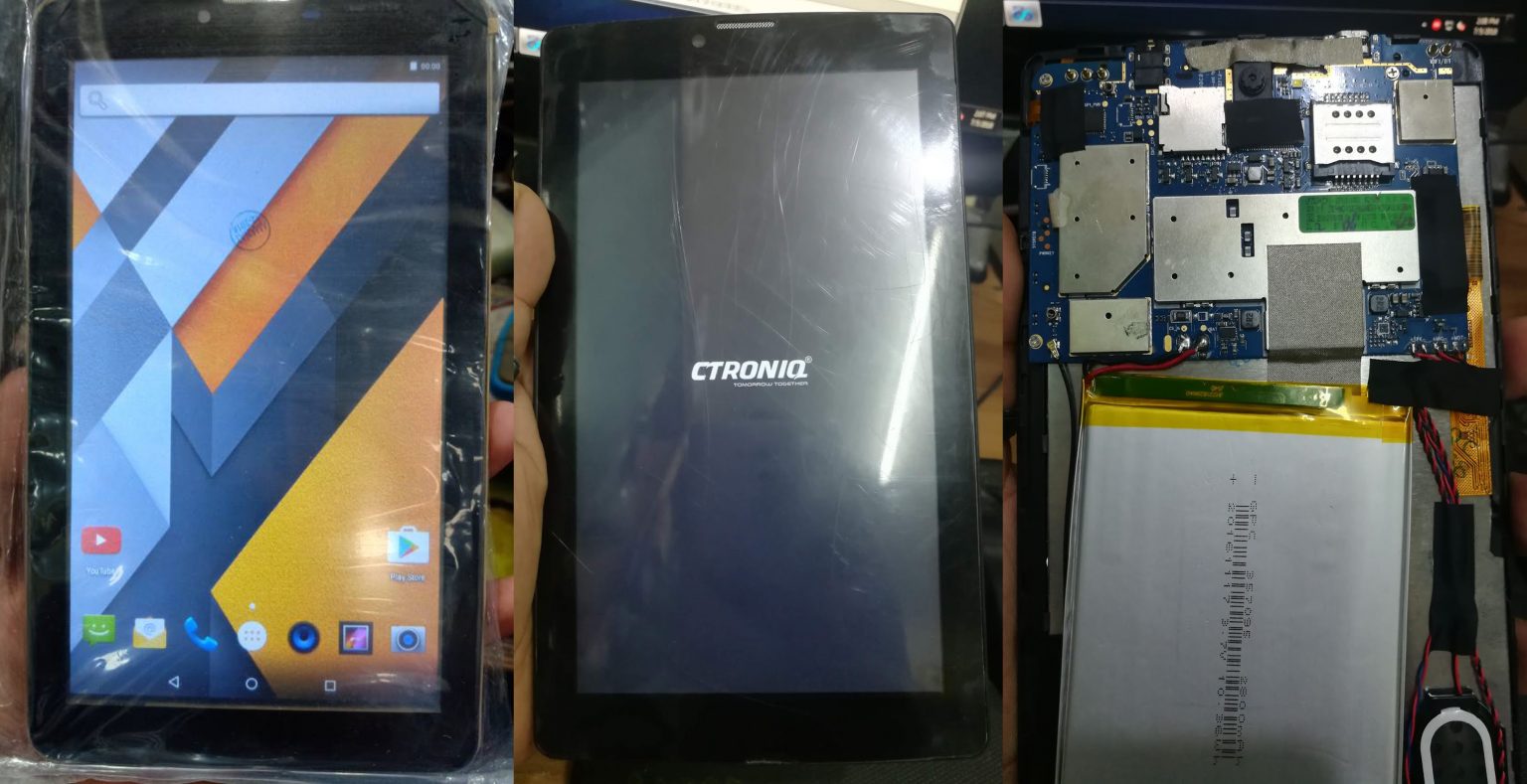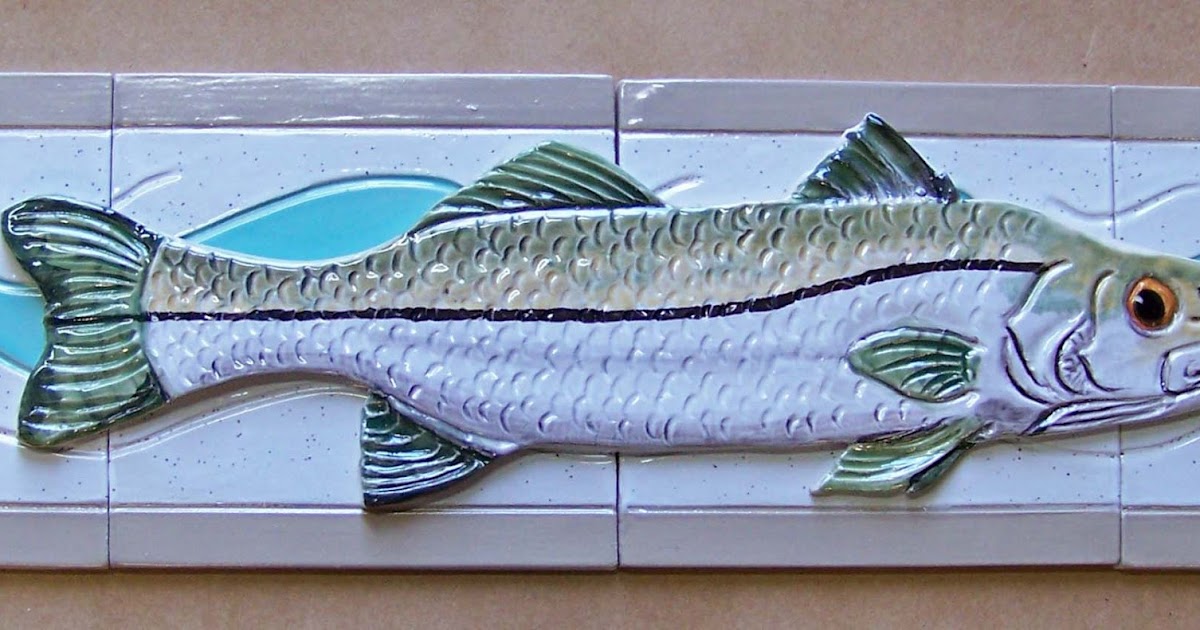

And the film is a hymn, a poem in praise of the rich variety of suburban life. ‘Metroland’ was the word used to describe the London suburbs reached by the Metropolitan Railway at around the time of World War I. And he was profoundly knowledgeable about architecture and local history. He was instantly charming and funny, sometimes riotously so. You can still watch the whole marvellous film on BBC iPlayer, with Betjeman looking and sounding like a slightly seedy, defrocked clergyman.Īll his seemingly casual observations were scripted and, like some of the best comedians, he rehearsed his ad-libs. Sir John Betjeman took a journey through Metro-Land, along the length of the Metropolitan railway from Londons Baker Street to the forgotton station of Verney Junction in distant North Buckinghamshire, to which the Met once ran, in this film to be screened on BBC2 on Monday, 26th February We start to see, in apparently dreary places, a whole treasury of riches we’d never have guessed was there.

Metro-Land is so successful because it is based on simple ideas: the camera, looking out of a train window, becomes the poet’s eye - our eyes. Indeed, if you went to the BBC today and said you had this simple idea, of an old man sitting on a train, going out into the London suburbs, and speaking about the scenery in verse - the programme controllers would laugh you out of the room.

It was a winning combination.īut that was 50 years ago and they certainly don’t make programmes like it any more. It was released on BBC One on February 26, 1973, and was instantly recognised as a classic.Įdward Mirzoeff, one of the greatest directors to work in television, had teamed up with Betjeman, by then Poet Laureate - and a man who made shuffling about in front of a TV camera into an art form. John Betjeman’s 50-minute film, Metro-Land, must be one of the most brilliant things ever shown on British television.


 0 kommentar(er)
0 kommentar(er)
